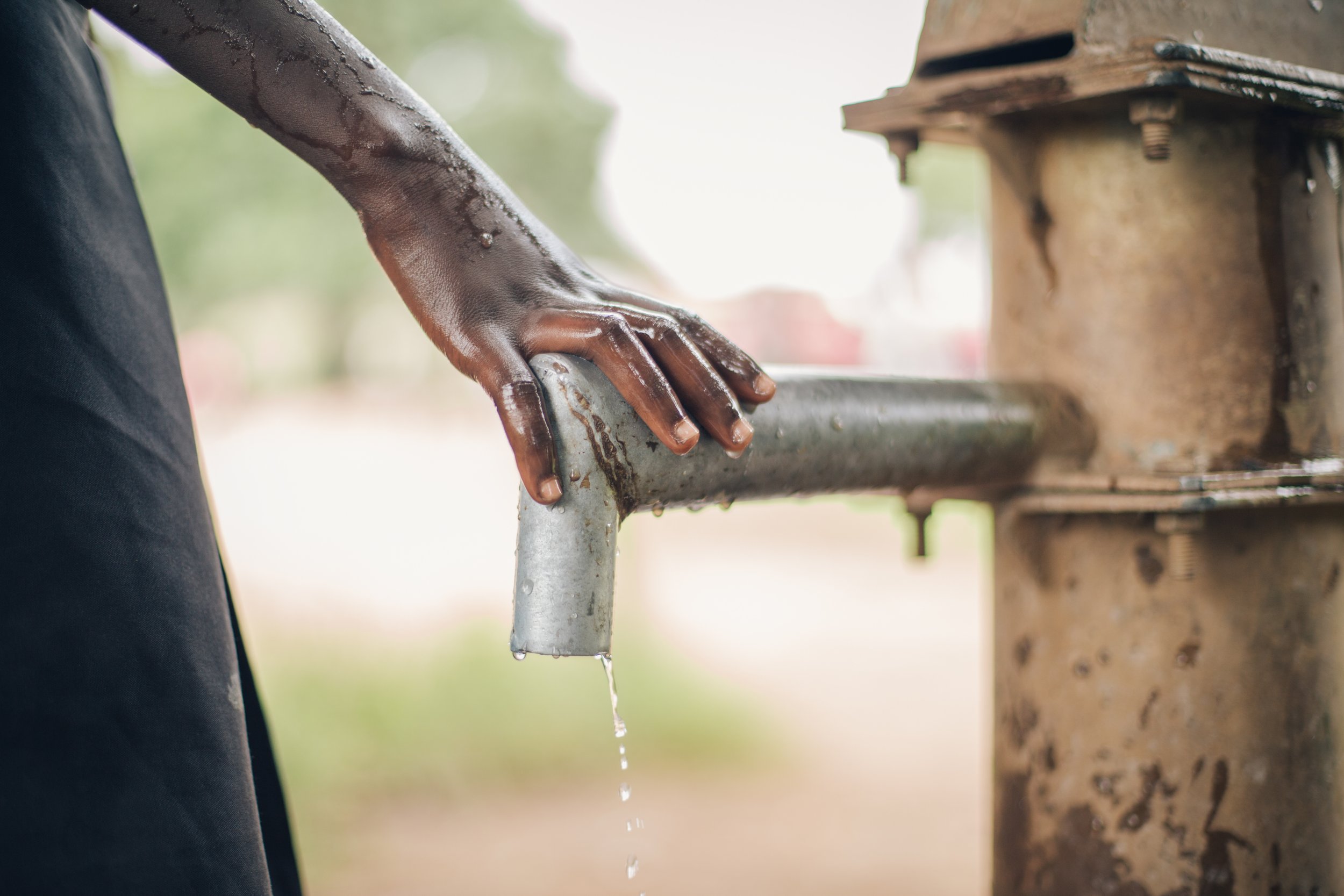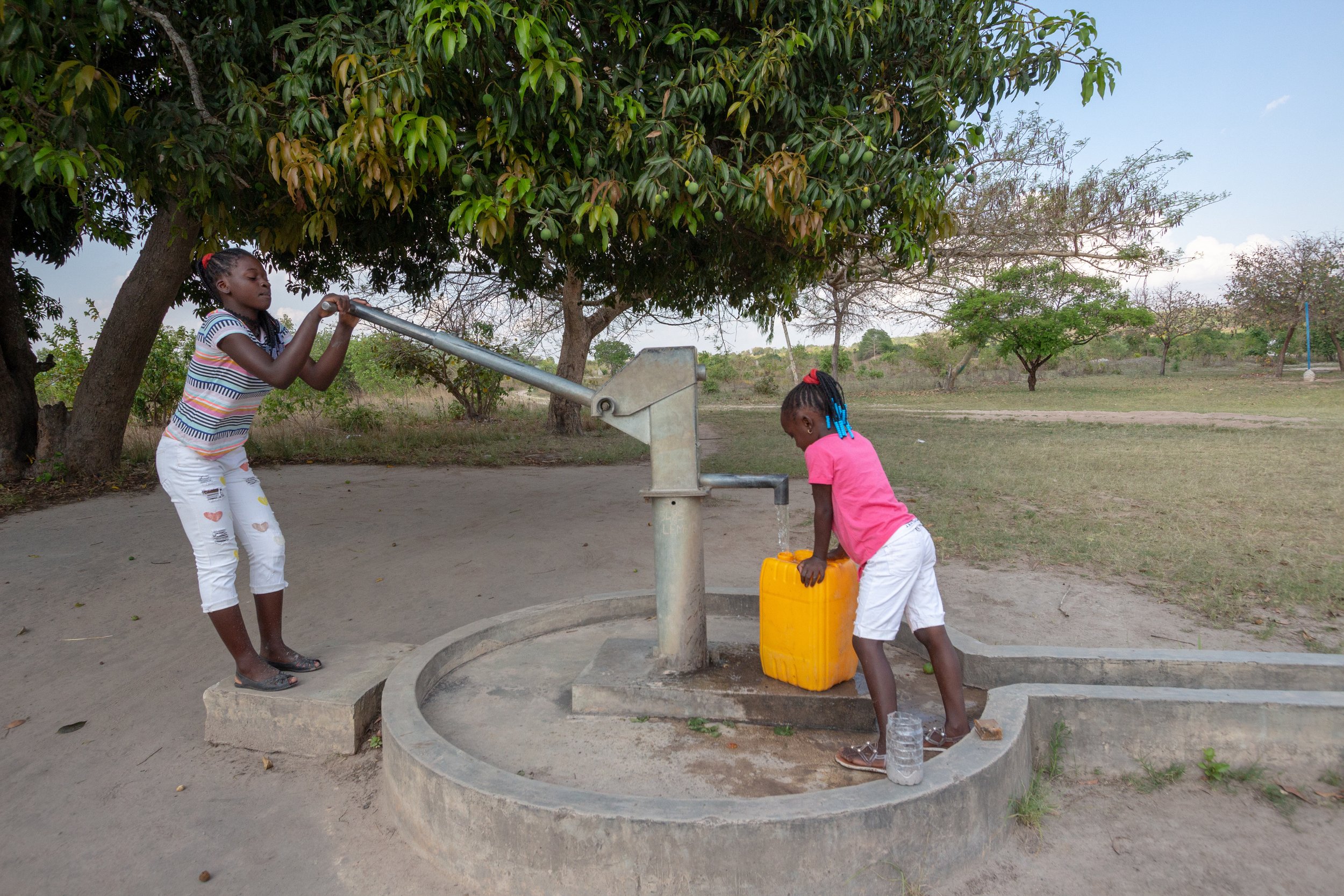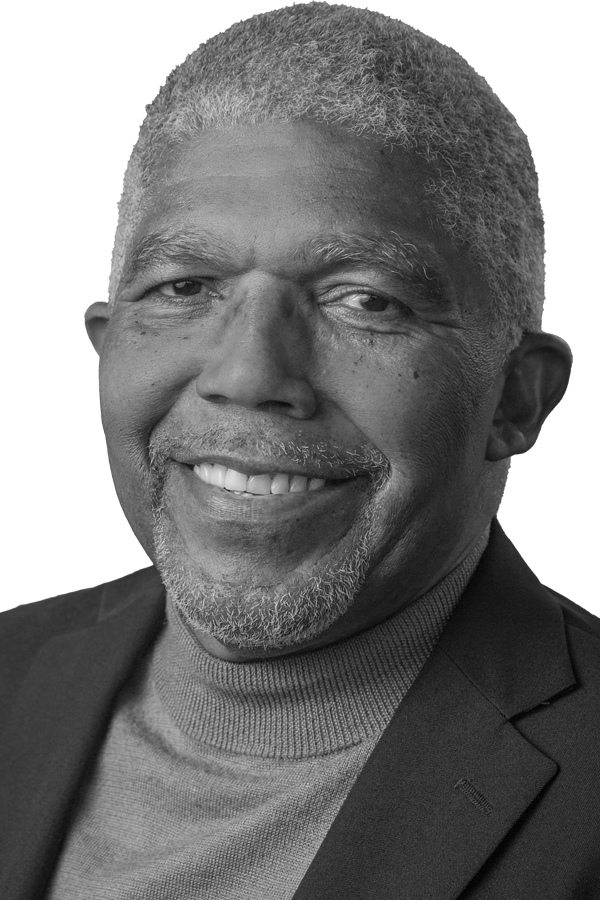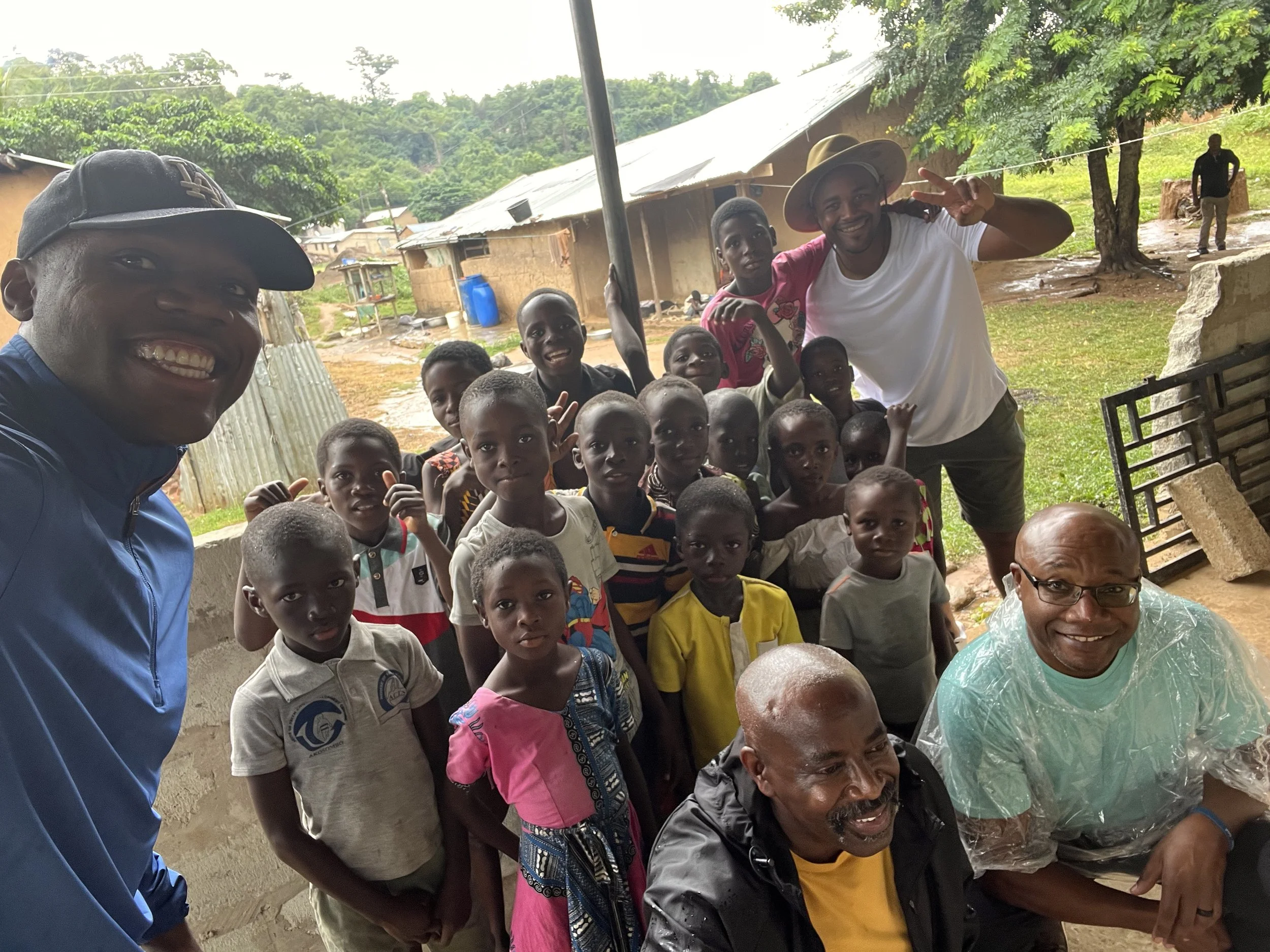
Partner With Us Today
In August of 2022 I returned to Ghana on one of my numerous trips, prior to leaving the US a friend of mine sent a check of 10,000 dollars. He wanted me to have a well drilled in honor of both of our fathers. I will be forever grateful and thankful to Chaplain Earl Smith for paying this honor to our Fathers.
Sitting on this bench with me, is Pastor John Withers. He too, had a well drilled in honor of his wife, Rosemarie, who in of September 2020 went home to be with the Lord. One of the great satisfactions I receive is knowing that after I am no longer here that villagers in Africa will still be drinking clean drinking water.
Water Scarcity in Ghana
Ghana, like many developing nations, struggles with inadequate access to clean and safe drinking water. Currently, approximately 13.5 million Ghanaians lack access to basic water services, forcing them to rely on contaminated sources. This dire situation leads to the spread of waterborne diseases, malnutrition, and a loss of educational opportunities. By building wells in Ghana, we can alleviate the burden of water scarcity and create a brighter future for its people.
Empowering Communities
Building wells is a transformative solution that empowers communities in several ways. Firstly, access to clean water ensures optimal health and well-being. Communities no longer have to walk long distances, often exposed to dangers, in search of water. Families can drink, cook, and wash with confidence, improving overall hygiene practices and reducing the risk of diseases.
Building Sustainability
Investing in well construction projects promotes sustainability and has positive environmental impacts. Wells tap into underground aquifers, creating a self-replenishing water supply that is less susceptible to droughts. Unlike relying solely on rivers or ponds, wells ensure a consistent and reliable source of water, even during periods of low rainfall. Moreover, by reducing the need for water transportation and promoting local water sources, we contribute to decreasing carbon emissions and conserving natural resources.
Meet the Team




























